The Duke of Sussex's memoir, a challenge for the monarchy
The British royal family may appear to be prim and proper to the public; however, they have faced their fair share of scandals over the years, the latest being the highly controversial book by Harry, Duke of Sussex.
The most notable controversies over the years have included the separation of Charles and Diana in 1992 and the famous comments of the late Dianna, Princess of Wales, that "there were three of us in this marriage so it was a bit crowded", not to mention the more recent "Megxit" debacle whereby Prince Harry and Megan Markle "stepped down from their royal duties".
The Royals are once again in the public eye. The Duke of Sussex's tell all memoir, with its bombshell revelations, has turned into a big challenge for the monarchy.
Prior to the official publishing of the book, multiple media outlets reported they had secured copies of the autobiography.
Among the jaw dropping claims is the retelling of a scuffle with his brother, Prince William, in 2019, his use of cocaine as a teenager and killing 25 People in Afghanistan when he was a helicopter pilot in the country. He also said he faced discrimination and neglect from the royal household from a younger age.
While Buckingham Palace has kept silent, Harry's revelations have drawn mixed reactions.
Some have denounced Prince Harry's memoir for putting family arguments out there for the world to see. They assert Harry's account will be damaging to the monarchy and undermines the king at a time when he is trying to show the institution is modernizing.
Others say they sympathize with the sibling rivalry the prince describes and other elements of his experience. The fact is, the British monarchy is by its very nature hierarchical, and this has led to Harry feeling like a spare part.
Broadcaster Jonathan Dimbleby, who interviewed Charles in 1994 when the then Prince of Wales admitted, having an affair, said he was "perplexed" by Harry's decision to publish a book with "revelation one would expect from a kind of B-list celebrity".
Meanwhile, the Royal analyst and biographer of King Charles, Catherine Mayer, has said Prince Harry's book could be the beginning of the end of the monarchy, given the lack of trust in the state at the moment.
She said anger over racism, misogyny and wealth, in the royal family, can undermine public consent for a monarchy. Survey results over the years show that younger people are less likely than older people to say that it is important that Britain has a monarchy.
Indeed, just 14% of under 35 year olds take that view compared with 44% of those aged 55 and over. This suggests support for the monarchy will decline as today's older generation is replaced by a younger generation of Britons.
The "revelations" in Prince Harry's newly published book include the murder of 25 people in Afghanistan while serving with the British Army in the country. The 38 year old described killing targets as "moving chess pieces" noting that he was not ashamed of doing so.
High ranking British veterans have criticized Prince Harry and warned the high profile admission could increase the risk to his personal security. Retired Army veteran Colonel Tim Collins said the princess killcount talk was crass, and "we don't do notches" on the rifle stock.
Others, however, have said that Harry had appeared wrongly to dehumanize those he killed by describing them as "chess pieces removed from the board". Consequently, the Taliban have accused the prince of committing war crimes on his military tour in Afghanistan.
Abdul Qahar Balkhi the spokesperson for the Taliban led Afghan Foreign Affairs Ministry described the Western occupation of Afghanistan as a horrible moment in human history.
The comment by Harry is a microcosm of the trauma experienced by Afghans at the hands of the US led occupation forces who murdered innocent people without any accountability.
Last year an investigation revealed British commandos in the Elite Special Air Service Corps, the SAS, killed at least 54 Afghans under suspicious circumstances during a six month tour of the Helmand province from November 2010 to May 2011, but the military chain of command concealed the various concerns which had been raised.
The investigation found that unarmed Afghan men were routinely shot dead, in cold blood, by SAS troops during nighttime raids during the long war in Afghanistan and weapons were planted on them to justify their dirty criminal deeds.
In 2001 the US and its close allies, including the UK, invaded Afghanistan under the pretext of fighting Al Qaida; the invasion lasted over two decades. A war in Afghanistan which cost 241,000 lives.
Hamas condemns Israel’s arson attack on mosque in West Bank, calls for mobilization
Trump's top general warns of Iran aggression risks: reports
VIDEO | US ambassador’s remarks on Israel’s expansion spark outrage
VIDEO | ‘Protect the Right to Protest’ rally held outside London court
VIDEO | Gaza bakery supports displaced families ahead of Ramadan Iftar
France blocks US ambassador from ministerial meetings after summons no-show
Around 20 nations condemn Israeli push toward West Bank annexation
Iran pursuing broader cooperation with African nations: Pezeshkian


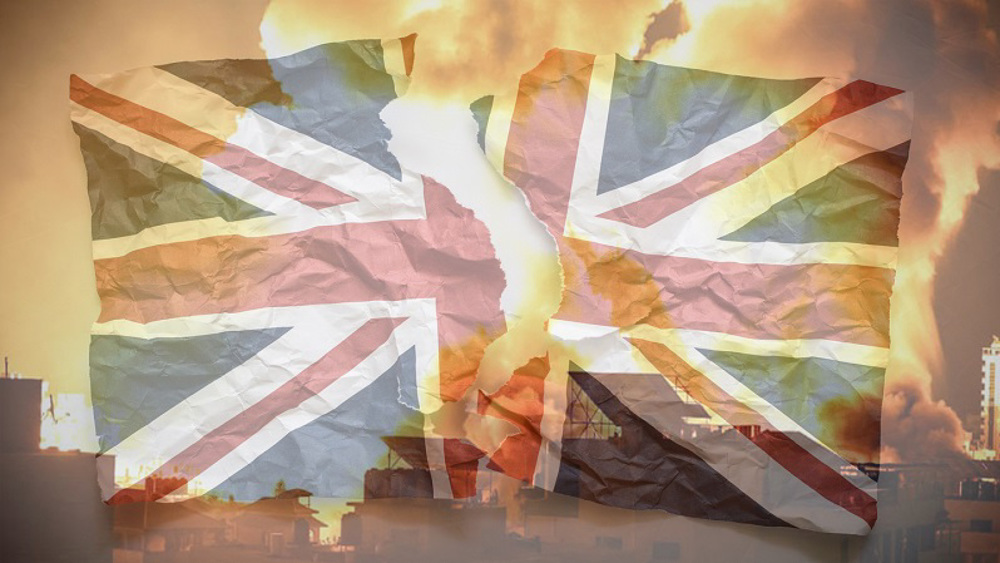
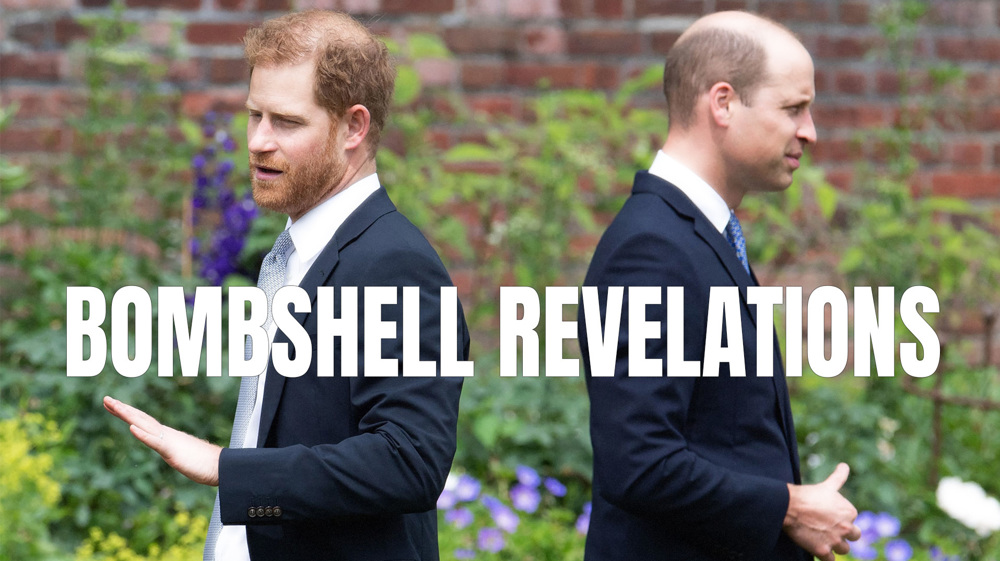
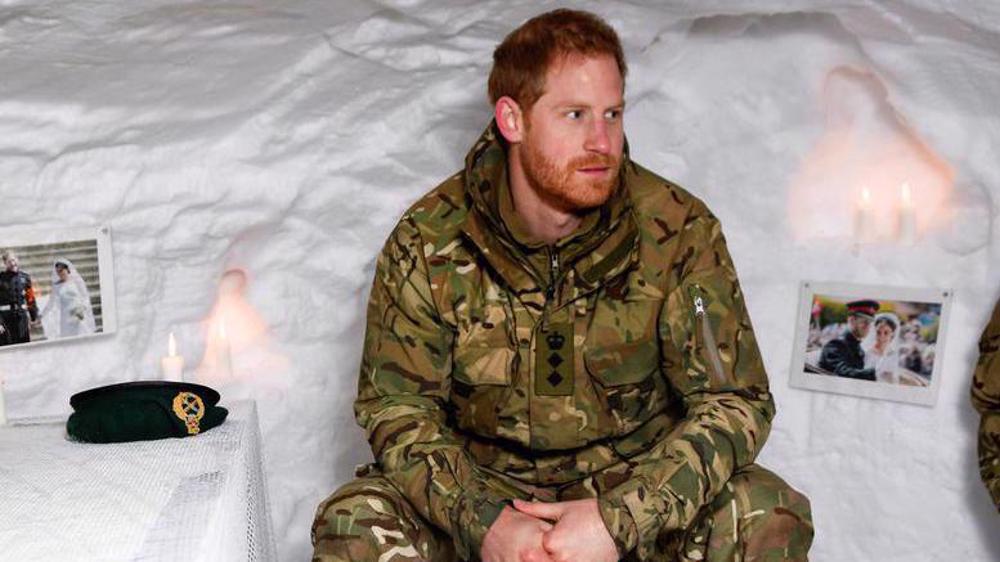
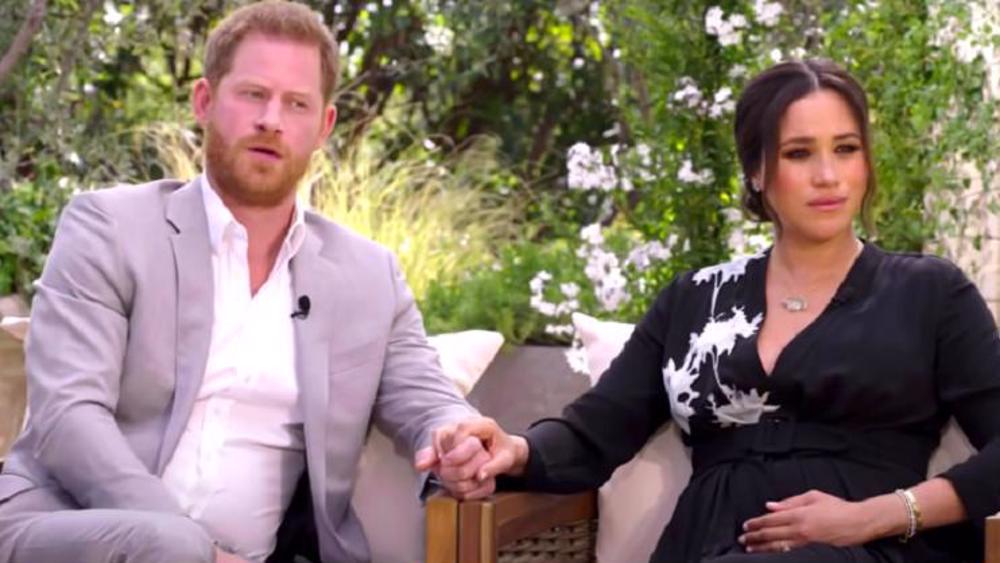
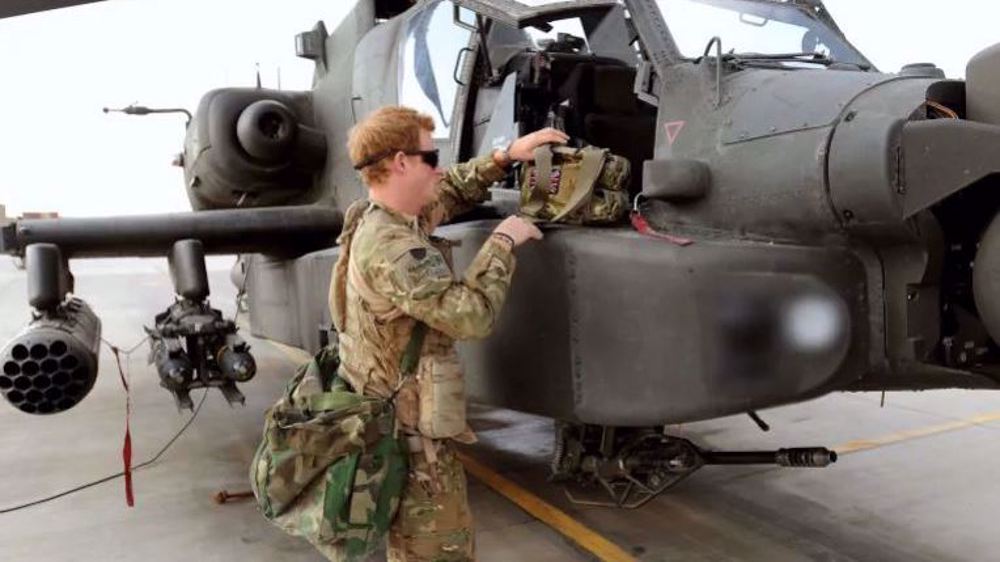
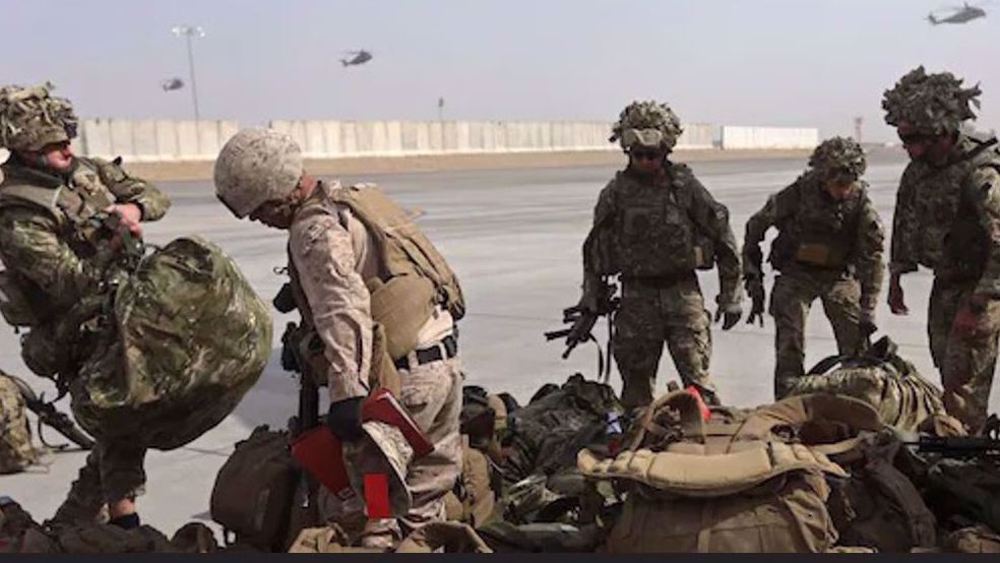
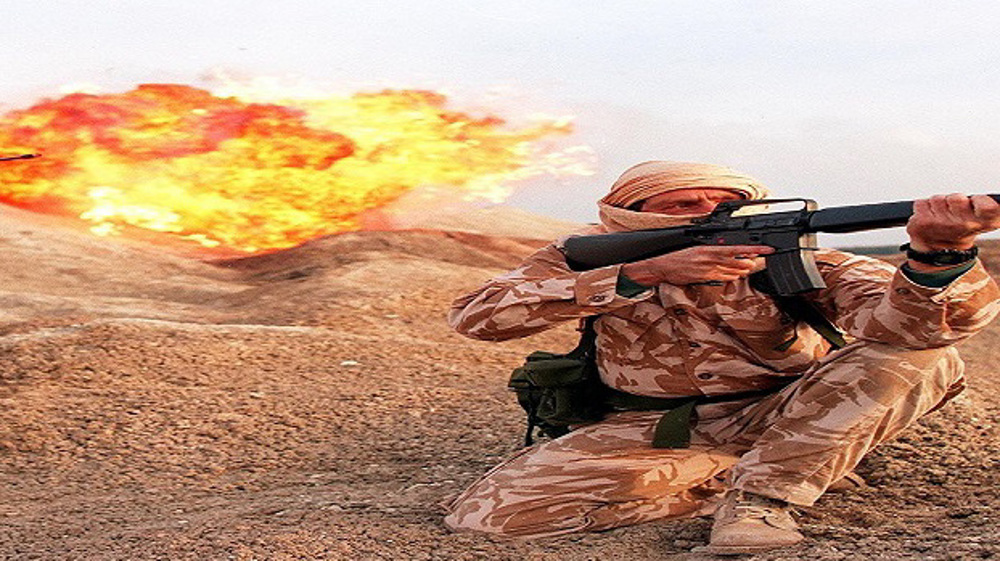
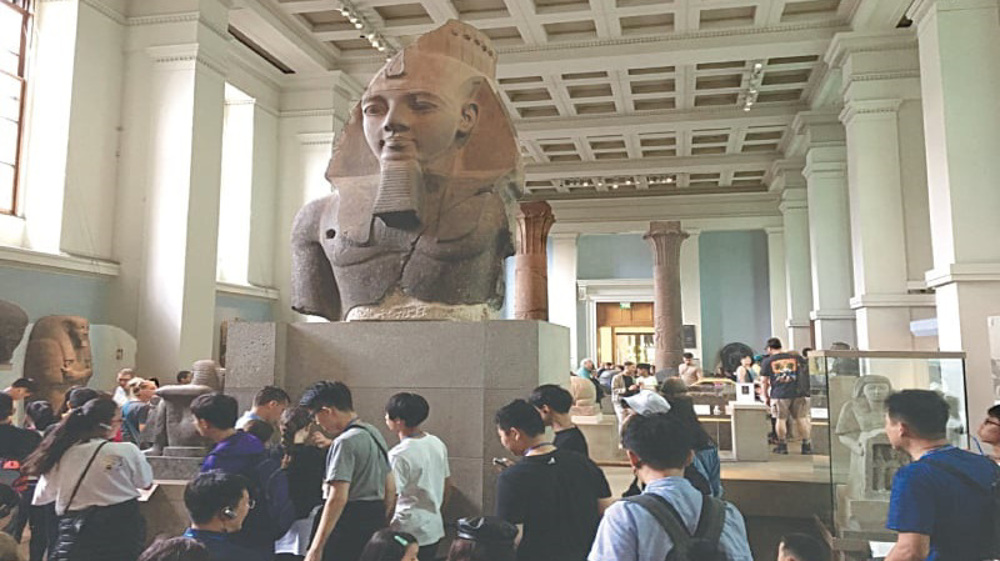
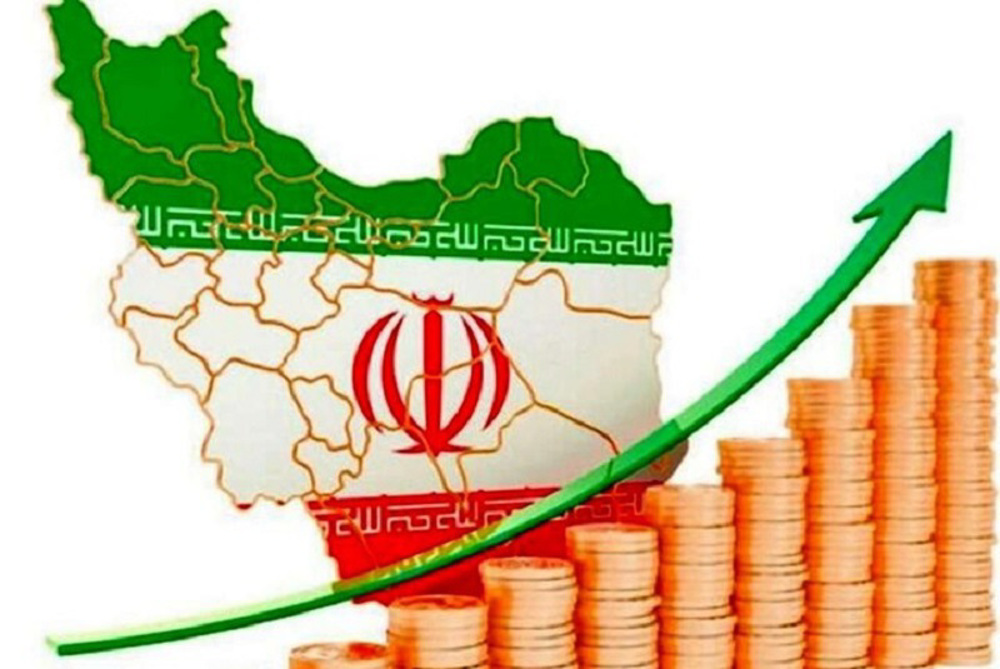





 This makes it easy to access the Press TV website
This makes it easy to access the Press TV website